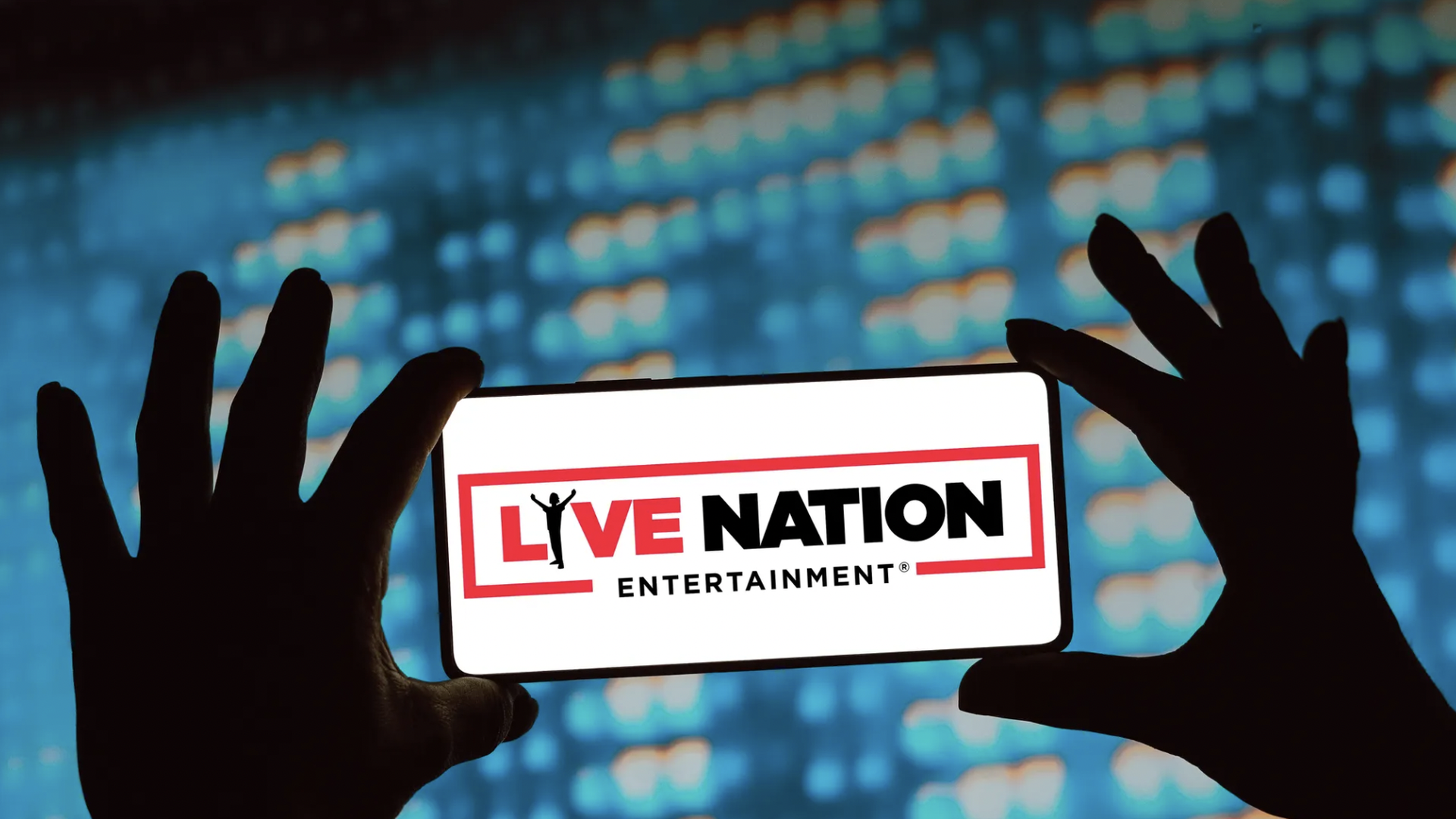Live Nation's Antitrust Battle: DOJ's Venue Control Claim

Table of Contents
The DOJ's Allegations of Anti-Competitive Practices
The DOJ's central claim is that Live Nation's ownership of both Ticketmaster, the dominant ticketing service, and a substantial number of concert venues creates a monopolistic structure, stifling competition and harming both artists and consumers. This alleged Live Nation monopoly allows them to leverage their power in ways that harm the market.
-
Specific Examples: The DOJ cites instances where Live Nation allegedly used its venue ownership to force artists and promoters to use its Ticketmaster ticketing services. This often involves contracts that make Ticketmaster the exclusive ticketing provider for venues owned by Live Nation.
-
Higher Ticket Prices and Reduced Choices: This alleged practice leads to higher ticket prices for consumers due to the lack of competition in ticketing. Consumers have fewer choices and are often subjected to additional fees and surcharges associated with Ticketmaster's services.
-
Reduced Artist Compensation: The DOJ argues that Live Nation's market dominance allows them to dictate less favorable terms to artists, potentially reducing their compensation and creative freedom. Artists might feel pressured to accept less favorable contracts to secure performance venues.
-
Market Dominance: Live Nation's market share in both venue ownership and ticketing is substantial, giving them considerable power over the live music industry. Precise figures vary depending on the metric used, but Live Nation undoubtedly controls a significant portion of the market. This Live Nation monopoly is at the heart of the DOJ’s concerns.
Live Nation's Defense Strategy
Live Nation counters the DOJ's claims by arguing that its business model offers significant benefits, such as economies of scale and improvements to venue infrastructure.
-
Economies of Scale and Infrastructure: Live Nation argues that its integrated business model allows for more efficient operations, leading to cost savings that can benefit both artists and consumers. They point to investments in venue upgrades and technology as evidence of their commitment to improving the live music experience.
-
Competition and Consumer Benefits: Live Nation contends that there is still significant competition in the live music industry and that their actions have led to greater efficiency and a wider range of entertainment options for consumers.
-
Refuting the Allegations: Live Nation presents evidence attempting to refute the DOJ's specific claims of anti-competitive practices. Their defense strategy includes challenging the DOJ's interpretation of their contracts and business practices. This defense hinges on dismantling the "Live Nation monopoly" narrative.
The Impact on Artists and Consumers
If the DOJ's claims are proven true, the consequences for artists and consumers could be significant.
-
Impact on Consumer Affordability: Higher ticket prices due to a lack of competition in ticketing make attending concerts less affordable for many consumers, potentially decreasing concert attendance.
-
Impact on Artist Revenue and Creative Freedom: Limited venue options and less favorable contract terms could negatively impact artist revenue and creative freedom. Artists might feel compelled to compromise their artistic vision to secure performance opportunities.
-
Broader Implications for the Live Music Industry: The outcome of this lawsuit could reshape the landscape of the live music industry, affecting how venues are booked, tickets are sold, and artists are compensated. The future of the entire industry hangs in the balance.
Potential Outcomes and Future Implications
The potential outcomes of the Live Nation antitrust lawsuit range from significant fines and changes to business practices to a potential breakup of Live Nation's integrated business model through divestiture.
-
Possible Remedies: Potential remedies include forced divestiture (selling off venues or Ticketmaster), substantial fines, and mandated changes to Live Nation's business practices designed to increase competition.
-
Impact on Future Mergers and Acquisitions: The outcome will significantly influence future mergers and acquisitions in the entertainment industry, potentially leading to increased regulatory scrutiny of such deals.
-
Increased Regulatory Scrutiny: The case could trigger increased regulatory scrutiny not only of Live Nation but also of other large entertainment companies, leading to changes in industry practices and regulations.
Conclusion
The DOJ's antitrust lawsuit against Live Nation hinges on the claim that their control over venues and ticketing creates a Live Nation monopoly, stifling competition and harming artists and consumers. Live Nation's defense centers on the benefits of its integrated business model and the existence of competition in the market. The outcome will have far-reaching consequences for the live music industry, influencing ticket prices, artist compensation, and the future of mergers and acquisitions in the entertainment sector. Stay informed about the ongoing developments in this crucial Live Nation antitrust case, as its outcome will significantly shape the future of live entertainment. Follow our updates for the latest news and analysis on the Live Nation antitrust lawsuit.

Featured Posts
-
 Aftenposten Arets Redaktor Topp Hedret
May 29, 2025
Aftenposten Arets Redaktor Topp Hedret
May 29, 2025 -
 Radares Zaragoza 2025 Guia Completa De Radares Fijos Moviles Y De Tramo
May 29, 2025
Radares Zaragoza 2025 Guia Completa De Radares Fijos Moviles Y De Tramo
May 29, 2025 -
 I Tzanin Piro Nea Eisaggeleas Stin Oyasingkton Diorismos Apo Ton Tramp
May 29, 2025
I Tzanin Piro Nea Eisaggeleas Stin Oyasingkton Diorismos Apo Ton Tramp
May 29, 2025 -
 Reimagined And Revitalized Pccs Downtown Corner Market Returns
May 29, 2025
Reimagined And Revitalized Pccs Downtown Corner Market Returns
May 29, 2025 -
 Nba Playoffs Bucks And Pacers Heated Confrontation After Game 5
May 29, 2025
Nba Playoffs Bucks And Pacers Heated Confrontation After Game 5
May 29, 2025
Latest Posts
-
 Increased Fire Risk Prompts Special Weather Statement For Cleveland Akron
May 31, 2025
Increased Fire Risk Prompts Special Weather Statement For Cleveland Akron
May 31, 2025 -
 Northeast Ohio Rain Forecast For Thursday
May 31, 2025
Northeast Ohio Rain Forecast For Thursday
May 31, 2025 -
 Nyt Mini Crossword March 24 2025 Solutions And Help
May 31, 2025
Nyt Mini Crossword March 24 2025 Solutions And Help
May 31, 2025 -
 Complete Guide To Nyt Mini Crossword March 24 2025 Answers
May 31, 2025
Complete Guide To Nyt Mini Crossword March 24 2025 Answers
May 31, 2025 -
 April 10th Nyt Mini Crossword Clues And Answers
May 31, 2025
April 10th Nyt Mini Crossword Clues And Answers
May 31, 2025
